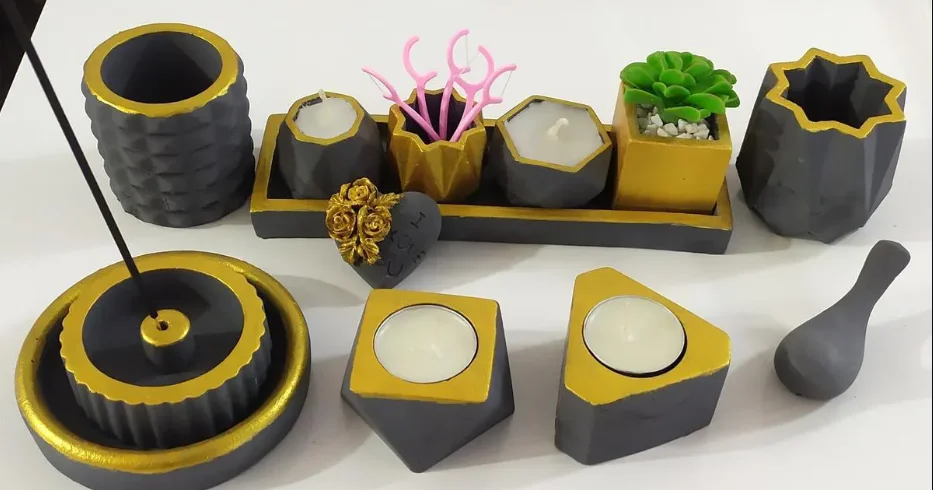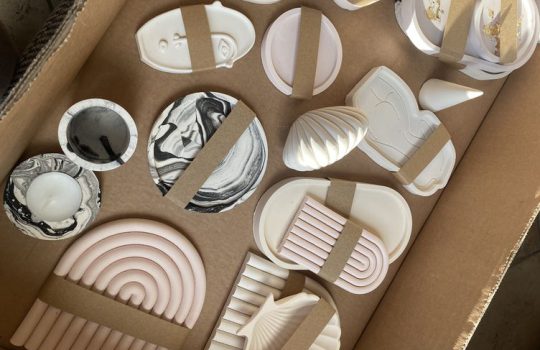Artificial stone, also known as engineered or manufactured stone, encompasses a wide range of synthetic materials designed to imitate and often outperform natural stone. Its use dates back centuries, but advancements in technology have led to a diverse and sophisticated market catering to various applications.
Composition and Types:
Unlike natural stone quarried from the earth, artificial stone is crafted through a controlled manufacturing process. Common components include:
- Binders: Cement, polyester resin, or acrylic are used to hold the other ingredients together.
- Aggregates: Crushed stone, sand, or glass are used to create the body and texture of the material.
- Pigments: These provide color and can replicate the appearance of specific natural stones.
Different combinations of these elements give rise to various types of artificial stone, each with its own properties and applications:
- Cast Stone: Made from concrete and often used for architectural features like cladding, pavers, and countertops.
- Engineered Stone: Combines quartz with resin or other binders, offering high durability and a popular choice for countertops and flooring.
- Solid Surface: Composed primarily of acrylic or polyester resin, known for its seamless appearance and ease of fabrication, making it ideal for countertops, sinks, and bathroom surfaces.
- Terrazzo: Composed of chips of marble, granite, glass, or other materials embedded in a cementitious matrix, used for flooring and decorative applications.

Benefits of Artificial Stone:
Compared to natural stone, artificial stone offers several advantages:
- Consistency: Manufactured under controlled conditions, artificial stone possesses consistent color, texture, and strength, unlike natural stone, which can exhibit variations.
- Durability: Engineered to be highly resistant to scratches, stains, and heat, making it suitable for high-traffic areas.
- Lower Maintenance: Often requires minimal maintenance compared to natural stone, which may need regular sealing and cleaning.
- Wider Color Options: Available in a broader range of colors and patterns compared to the limited palette of natural stone.
- Cost-Effective: Can be a more affordable option than certain types of natural stone, especially for large projects.
Applications
The versatility of artificial stone makes it suitable for various applications in:
- Construction: Cladding, pavers, architectural elements, and prefabricated structures.
- Interior Design: Countertops, backsplashes, flooring, sinks, bathroom vanities, and decorative features.
- Landscaping: Patios, walkways, and retaining walls.
- Industrial Applications: Countertops for laboratories and food service areas, and various industrial components.

Choosing the Right Artificial Stone:
When selecting artificial stone, consider several factors:
- Intended Use: Different types are better suited for specific applications based on factors like durability, stain resistance, and heat tolerance.
- Desired Aesthetics: Choose a color and pattern that complements your design style and blends with existing elements.
- Budget: Prices can vary depending on the type, brand, and complexity of the design.
Conclusion:
Artificial stone’s versatility, durability, and cost-effectiveness make it a popular choice for various applications. By understanding its composition, types, and benefits, you can make informed decisions when incorporating this material into your construction or renovation projects.
